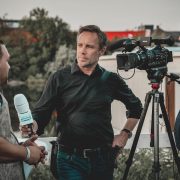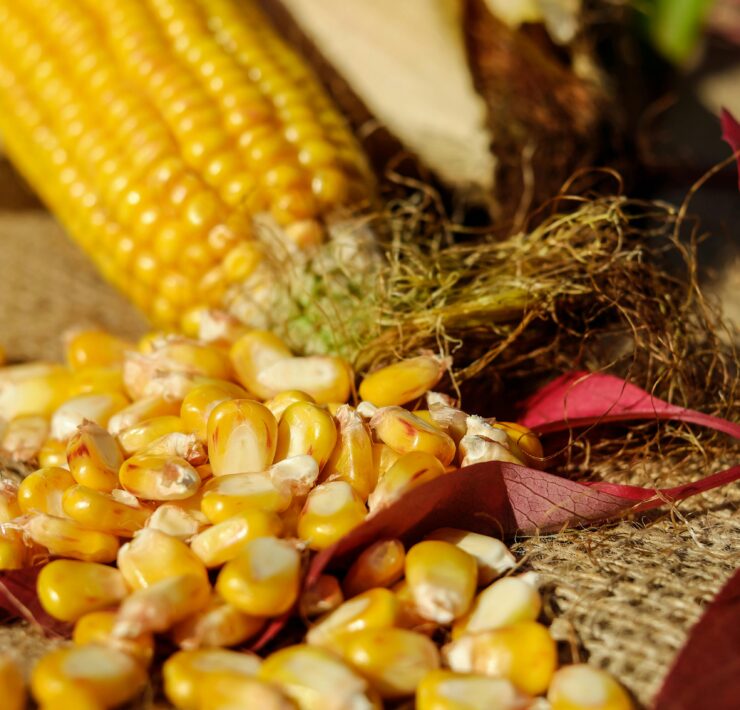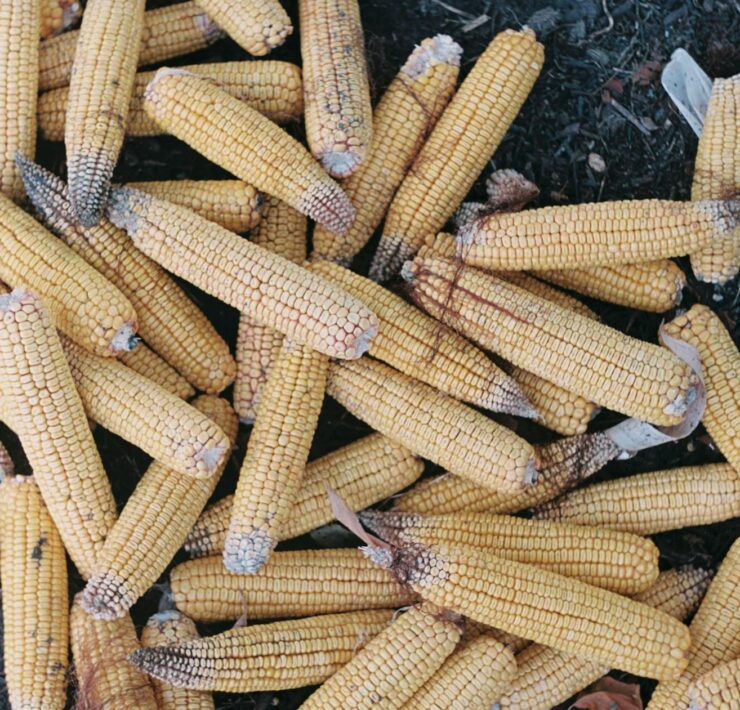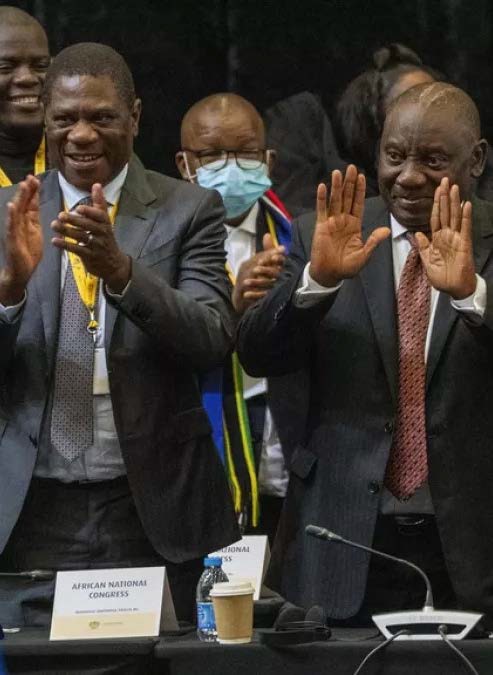THE SYSTEMIC AND CULTURAL ISSUES WE ARE NOT DEALING WITH IN AFRICA
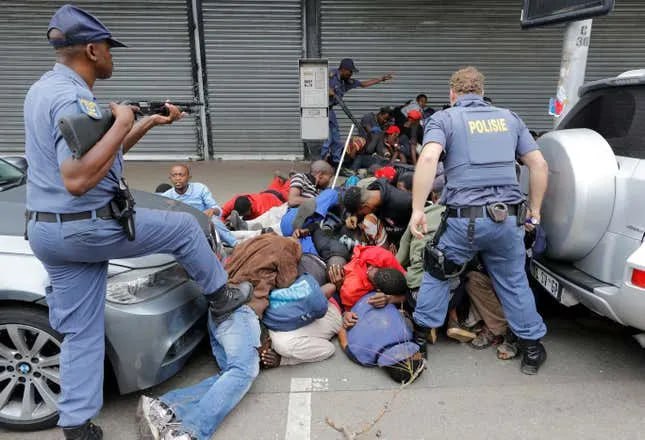
Samuel Phillips is a writer, graphic designer, photographer, songwriter, singer…
THE ISSUE OF NIGERIANS SELLING DRUGS IN SOUTH AFRICA
Almost every time the issue of foreigners selling drugs in South Africa comes up, Nigerians seem to be the center of the discussion, especially from the side of South Africans. This has been going on for a long while now and I do hope that some lasting solutions will be created for the issue.
South Africans accuse Nigerian citizens of bringing drugs into their country, taking their women, turning their young women into prostitutes, taking their jobs, and the list of many other things they accuse them of. Lately, there have been calls by South Africans for Nigerians to be deported from their country. Interestingly, you find many of these reports on social media but hardly find them in mainstream media. I wonder why.
I do not live in South Africa, so I do not have an on-the-ground perspective about the things happening there. But I think some common sense will help me say a few things in this article.
First, concerning drugs and the peddling of them in South Africa by Nigerians or whoever else is being accused, my opinion is this: let whoever is guilty of such crimes be arrested and prosecuted according to the laws of the land. Period! There should not be any debate about such crimes. This is evil and should be dealt with as such, but with fairness and justice according to the laws of the land and without prejudices.
As a South African, you may want to say “But the SA police are in bed with the criminals, so they cannot arrest them.” If that is true, then the police themselves are criminals and you should be worried. That means you have a bigger systemic problem that needs a serious systemic solution. The South African police or customs officer or immigration officer who will turn a blind eye to drug traffickers or contraband goods because he was given a thousand Rand will one day allow a terror group to bring in bombs to the capital if given a million Rand. It’s pretty simple. And that will become a serious national security issue and not just a case of drug peddling. Meaning that as South Africans, you must remove the emotions you have about the so-called foreign nationalities doing drugs in your country and take a closer look at the systemic rot that is creating and also benefiting from the drug trade.
We all know that drugs don’t grow on the streets and the distribution of them is based on complex systems that involve people in and out of the government and private agencies. So, to not deal with the trade from its myriad angles is to be wasting time dealing with the wrong thing. Also, there is a simple business law that posits that demand always drives supply. Simply put, you cannot call the seller of drugs criminals while calling the buyer and user of the drugs innocent victims. It’s like saying a thief is a criminal but the buyer of stolen goods is a saint. In simple words, the day the buyer stops buying, that’s the day the seller will be forced to stop selling. But whether it’s that simple, that I do not know.
South Africans claim that foreigners are turning their young women into prostitutes. This is a very unfortunate matter and should be looked into critically. My opinion will be that, in as much as the issue of prostitution of young women in any society is an evil that should not be tolerated by any means, how come we don’t start by asking basic questions like, when a jobless sixteen-year-old girl comes back home with the latest iPhone and some big bags of groceries, what did you do as a parent? Like drugs, iPhones don’t grow on trees. Or ought one only complain that foreigners lured their young women into prostitution because they suddenly stopped coming home? The fact remains that every family has a responsibility for the moral upbringing of the folks in that family. And I do not say this to make light the things going on in the street. The truth is, the street is very hard and to conquer it requires some real boldness. But the family is a good place to start if we want to rid the streets of its evil.
Is this a poverty war among the poor?
From every report or video that I have seen lately regarding South Africans wanting Nigerians deported from their country, not once do you hear them talk about deporting the Nigerian medical doctors in the South African hospitals, or the Nigerian professors in SA Universities, or the Nigerian CEOs or bankers in some of the big banks in SA. It’s always about the poor South Africans asking for the poor Black foreigners who are hawking on the streets like themselves to be deported. I find that very curious. But it points to something really deep in the psyche of the average African. It’s like we have allowed the system of this world to spin this massive narrative in our heads that those who look like us are our problem and not the system that created the divide that makes us see ourselves as the problems while exonerating the system. I am not that guy who makes excuses for myself, even though I do not mind excusing others when they fall short. So, this is not me pointing fingers at the system and not at the individuals who run the system. That would be foolishness. The system is just a term used to paint a picture of the many hurdles man has created and trapped himself in. Only he can unstrap and free himself if he decides to.
In conclusion and just as an example, if you ask another African nationality about Nigerians, some will say “Oh yes, I love Nigerians. I love their music, but they are too impatient”.
I am a Nigerian, so I can speak freely about these things. Now, there is a whole lot of difference between impatience and zero tolerance for mediocrity. An average Nigerian was raised in a society whose culture says that tomorrow is not given to anyone, so do what you must today. And this is true even though it’s not learned in class. I do not fancy pushing to tomorrow what I can do today and those who know me know that I can put off sleep to achieve a goal. So, if it’s this zero tolerance for procrastination that is found in many Nigerians that other nationalities call impatience, then that’s a good kind of impatience. For of a truth, tomorrow is not guaranteed for anyone and why transfer today’s problems to tomorrow when tomorrow has its own?
Back to the true culture of the African people which is based on Life and the Nurturing of Life, neither the Nigerian nor any other nationality in South Africa peddling drugs on the streets of SA; nor the SA police, the customs, the immigration and any other government agencies that are part of the evil scheme, are expressing the true culture of Africa. They all are anti-life. The drug peddler kills with his trade the very young people Africa needs to sustain the future. The prostitute on the streets who gets pregnant in the course of doing the trade and then aborts the baby, to continue “working” and the male pimps who make all the runs happen are also guilty of undermining the purpose of Africa as a life-giving spirit. There are no sacred cows in this one. We all must return to what makes us Africans. We can trade blame all we like, but until we deal with the foundation of our hearts, nothing of note will change on the outside.
Let the change begin! ASE!!
What's Your Reaction?
Samuel Phillips is a writer, graphic designer, photographer, songwriter, singer and a lover of God. As an Afrikan content creator, he is passionate about creating a better image and positive narrative about Afrika and Afrikans. He is a true Afrikan who believes that the true potential of Afrika and Afrikans can manifest through God and accurate collaborations between Afrikans. Afrika is the land of kings, emperors, original wisdom, ancient civilizations, great men and women and not some road-side-aid-begging poor third world continent that the world finds joy in undermining.








